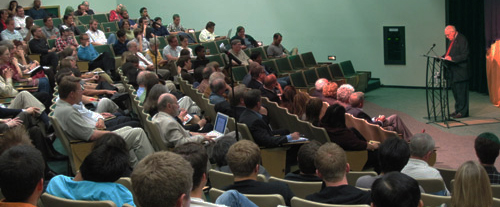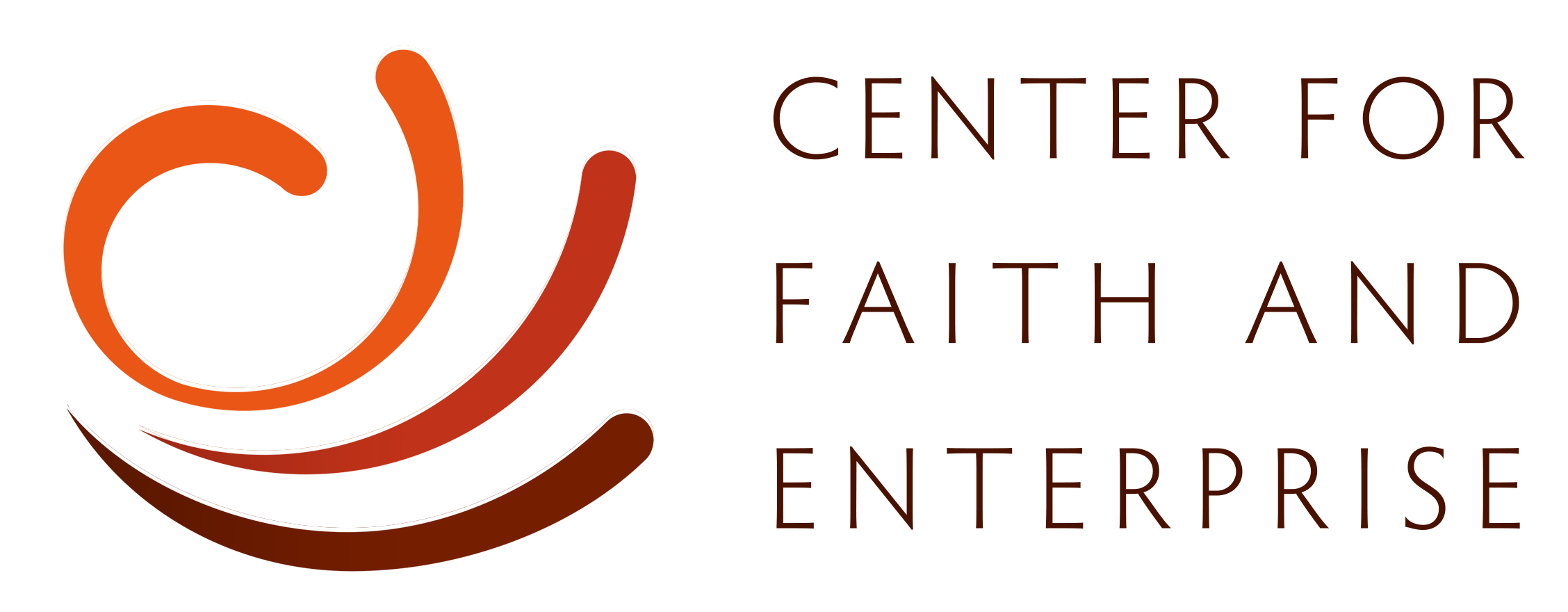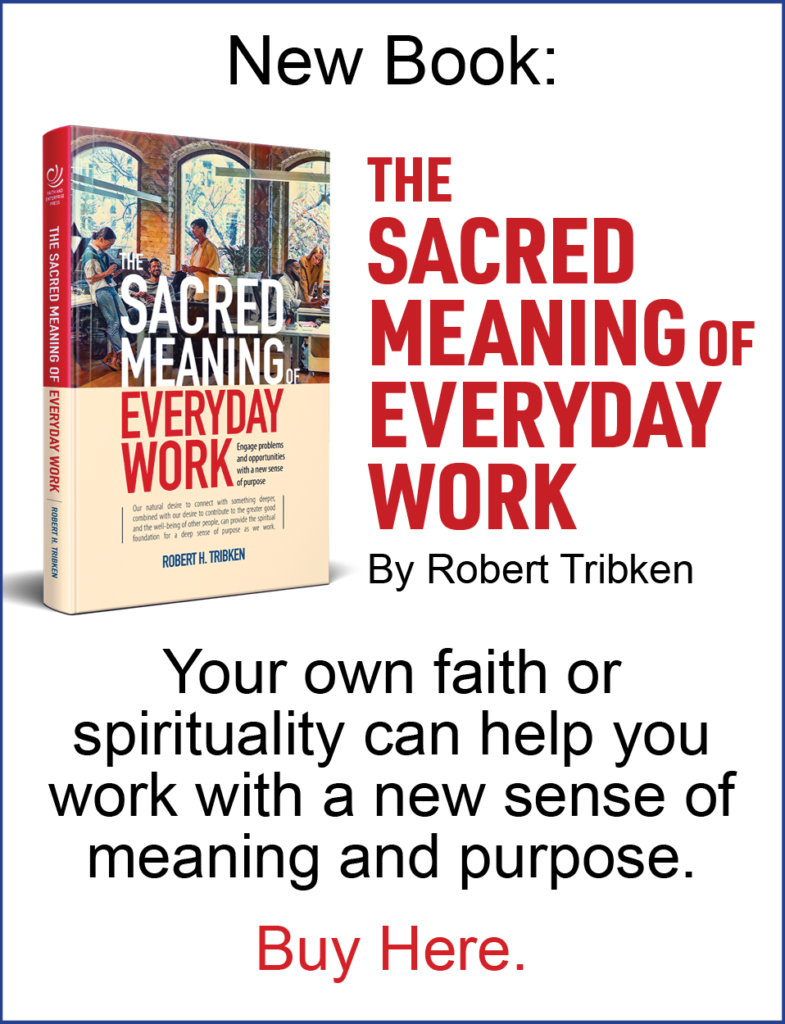From April 16, 2010:
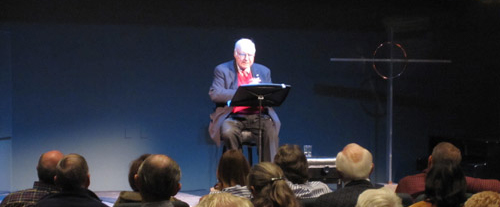
In April 2010, the Center for Faith and Enterprise brought scholar Michael Novak (1933-2017) to California for a speaking tour. We sponsored speaking events at Fuller Theological Seminary in Pasadena (hosted by the Max De Pree Center for Leadership), Biola University in La Mirada, and La Canada Presbyterian Church in La Canada/Flintridge.
At La Canada Presbyterian, the subject was Business as a Calling. In this talk, Novak provided an update on his thinking fourteen years after the publication of his classic book by the same name (an archive video of his talk is available to the right).
He made three key points about business as a calling:
- It is the most common calling. There are more people of all religions engaged in business (starting, running, working in) than any other occupation.
- It is a noble calling. It makes an enormous contribution to the common good and is essential for lifting the poor out of poverty.
- It is a morally serious calling. It is possible to do much good through business, but it is also possible to do much harm. And moral transgressions usually cause serious consequences for the business person, if not immediately then in the future. He believed that most people sense this moral seriousness
Watch the video to hear much more. Novak”s observations remain very insightful for today’s business environment.
Also available: A commentary by Tony Mulkern written following the talk by Novak.
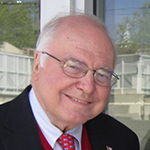
About Michael Novak
Michael Novak was a leading international scholar and the author of more than thirty books, including Business as a Calling: Work and the Examined Life, and The Spirit of Democratic Capitalism. He was also the U.S. Ambassador to the United Nations Human Rights Commission and to the Conference on Security and Cooperation in Europe and a member of the National Endowment for Democracy Board, the International Broadcasting Board, and the Presidential Task Force on Project Economic Justice.
Quotes from “Business as a Calling”
“People in business are not merely ‘rational economic agents.’ Each is also a human being in search of his calling.”
“The three cardinal virtues of business are creativity, community, and practical realism. Obviously each of these good habits requires the support of other good habits. Creativity, for example, needs courage, hard building work, and persistence. Building community requires honesty, generosity, and a spirit of justice. And realism implies a capacity to listen, pay attention, stay alert, and take a broad view, as well as a capacity for self-criticism and self-correction”.
